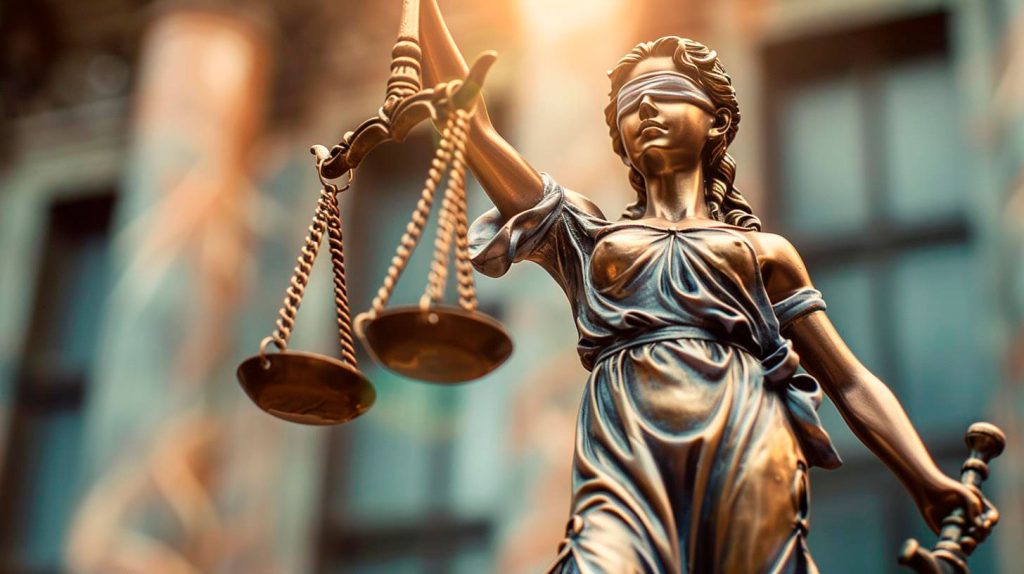
Steps to Take If You Find Errors on Your Credit Report
In this article, we will discuss the steps you should take if you find errors on your credit report.
Check Your Credit Report Regularly
One of the best ways to identify errors on your credit report is to check it regularly. By law, you are entitled to one free credit report each year from each of the three major credit bureaus: Equifax, Experian, and TransUnion. It is important to review your credit report for any discrepancies, such as inaccurate account information, incorrect payment history, or identity theft.
Dispute Any Errors
If you find errors on your credit report, the first step is to dispute them with the credit bureau that issued the report. You can do this online, by mail, or over the phone. Provide detailed information about the error, including any supporting documentation, such as bank statements or correspondence with the creditor. The credit bureau is required by law to investigate your dispute within 30 days and respond with the results of their investigation.
Contact the Creditor
In addition to disputing the error with the credit bureau, it is also important to contact the creditor directly. Inform them of the inaccuracies on your credit report and request that they correct the information with the credit bureau. Keep a record of all communication with the creditor, including dates, times, and names of individuals spoken to.
Monitor Your Credit Score
After disputing errors on your credit report, it is important to monitor your credit score regularly to ensure that the corrections have been made. You can use credit monitoring services to keep track of your credit score and receive alerts of any changes to your credit report. Monitoring your credit score can help you detect any new errors or fraudulent activity.
Seek Legal Assistance
If you encounter difficulties in resolving errors on your credit report, it may be necessary to seek legal assistance. A lawyer who specializes in credit repair can help you navigate the dispute process and ensure that your rights are protected. They can also provide guidance on how to improve your credit score and financial standing.
Errors on your credit report can have a significant impact on your financial health and creditworthiness. By taking proactive steps to identify and dispute inaccuracies on your credit report, you can protect your credit score and financial future. Regularly checking your credit report, disputing errors with credit bureaus, contacting creditors, monitoring your credit score, and seeking legal assistance when necessary are essential steps to take if you find errors on your credit report.
The Importance of Keeping an Eye on Your Credit Report
It is crucial to regularly monitor your credit report to ensure that the information it contains is accurate and up to date.
Why is Your Credit Report Important?
Your credit report is used by lenders and financial institutions to assess your creditworthiness and determine your eligibility for loans and lines of credit. A good credit score can make it easier for you to qualify for favorable terms and lower interest rates on loans, while a poor credit score can result in higher interest rates and limited access to credit. In addition, many employers now use credit reports as part of their background check process, so maintaining a good credit score can also improve your job prospects.
The Benefits of Monitoring Your Credit Report
Regularly monitoring your credit report can help you identify and address errors or inaccuracies that may be negatively impacting your credit score. By catching and correcting these errors early, you can prevent any potential damage to your credit profile and improve your overall financial health. In addition, monitoring your credit report can also help you detect any instances of identity theft or fraud, allowing you to take immediate action to protect your personal and financial information.
Industry Statistics
According to a recent study by the Consumer Financial Protection Bureau, approximately one in five consumers has an error on at least one of their credit reports. These errors can range from simple mistakes, such as misspelled names or incorrect addresses, to more serious issues, such as unauthorized accounts or fraudulent activity. By regularly monitoring your credit report, you can quickly identify and dispute any errors that may be affecting your credit score.
Another important statistic to consider is that identity theft affects millions of Americans each year, with the Federal Trade Commission reporting over 1.4 million cases in 2020 alone. By monitoring your credit report for any signs of suspicious activity, such as new accounts opened in your name or sudden drops in your credit score, you can take immediate action to prevent further damage and protect yourself from financial harm.
Maintaining a good credit score is essential for your financial well-being and future opportunities. By regularly monitoring your credit report, you can ensure that the information it contains is accurate and up to date, allowing you to take proactive steps to protect your credit profile and prevent any potential damage. Remember, knowledge is power, and staying informed about your credit report is the first step towards achieving financial success.













Can the Fair Credit Reporting Act help me if I’m a victim of identity theft?
So like, I heard someone say they got a free copy of their credit report. Is that true?
Just curious, but can the Fair Credit Reporting Act help me if I have errors on my credit report from years ago?
How long do negative items stay on your credit report under the Fair Credit Reporting Act?
What are the key rights that consumers have under the Fair Credit Reporting Act?
Yo, I was denied a loan and I think the credit report had some errors. Can the Fair Credit Reporting Act help me fix this?
Is it true that credit reporting agencies have to investigate disputes under the Fair Credit Reporting Act?
Anyone know if I can dispute errors on my credit report under the Fair Credit Reporting Act?
Yo, does the Fair Credit Reporting Act apply to all types of credit reports, like for mortgages and auto loans?
Are there any time limits for disputes under the Fair Credit Reporting Act?
Any tips for protecting your rights under the Fair Credit Reporting Act when dealing with credit reporting agencies?
Can I get compensation if a credit reporting agency violates the Fair Credit Reporting Act?
Can someone break down the process of disputing errors on your credit report under the Fair Credit Reporting Act?
Is it difficult to take legal action under the Fair Credit Reporting Act if a credit reporting agency violates your rights?
Like, can I sue a credit reporting agency if they mess up my credit report under the Fair Credit Reporting Act?
How can I find out if a credit reporting agency has violated the Fair Credit Reporting Act?
My friend told me that the Fair Credit Reporting Act protects your rights when it comes to credit reports. Is that legit?
Do I have to pay to get a copy of my credit report under the Fair Credit Reporting Act?
Hey, I was reading up on the Fair Credit Reporting Act and it seems like it’s important for protecting consumers. Thoughts?
So, if a credit reporting agency gives out my info without my permission, can I sue them under the Fair Credit Reporting Act?
What kind of damages can you get if a credit reporting agency violates the Fair Reporting Act?